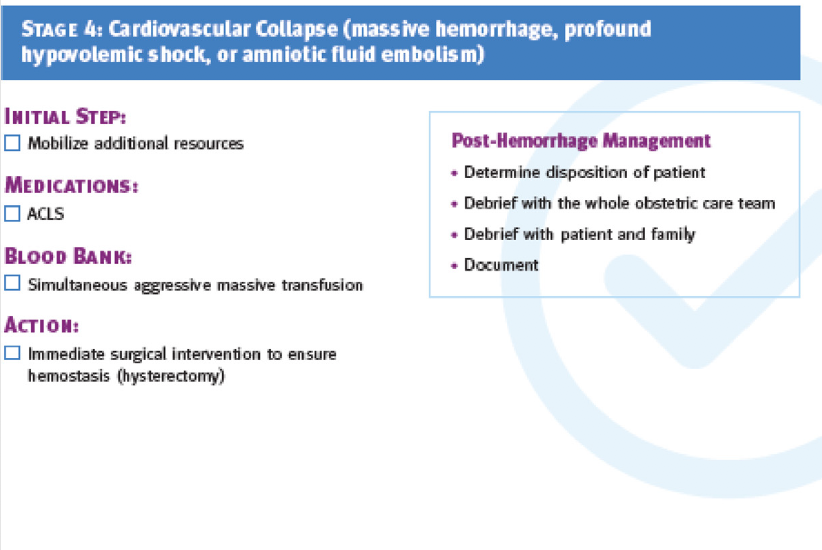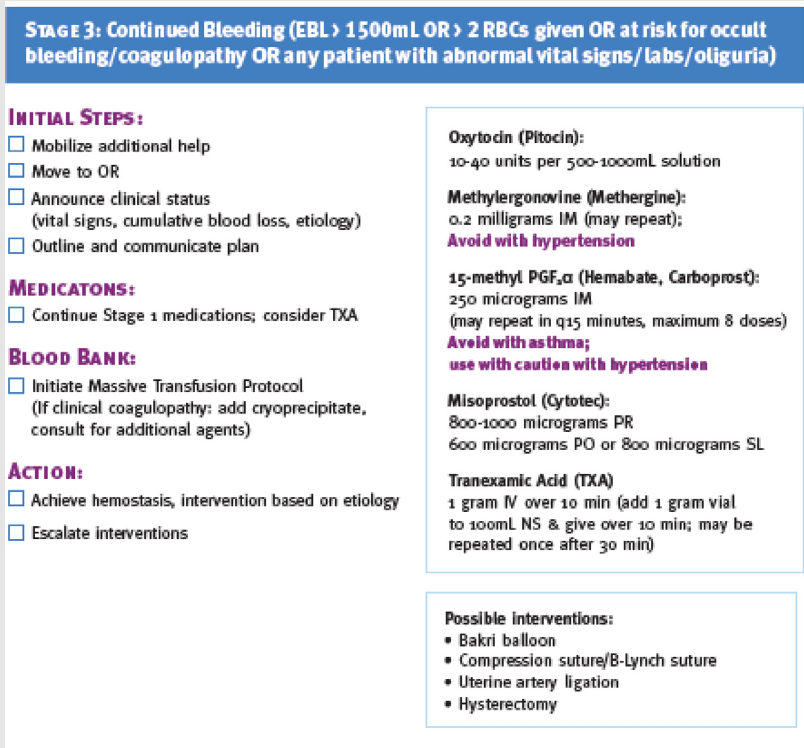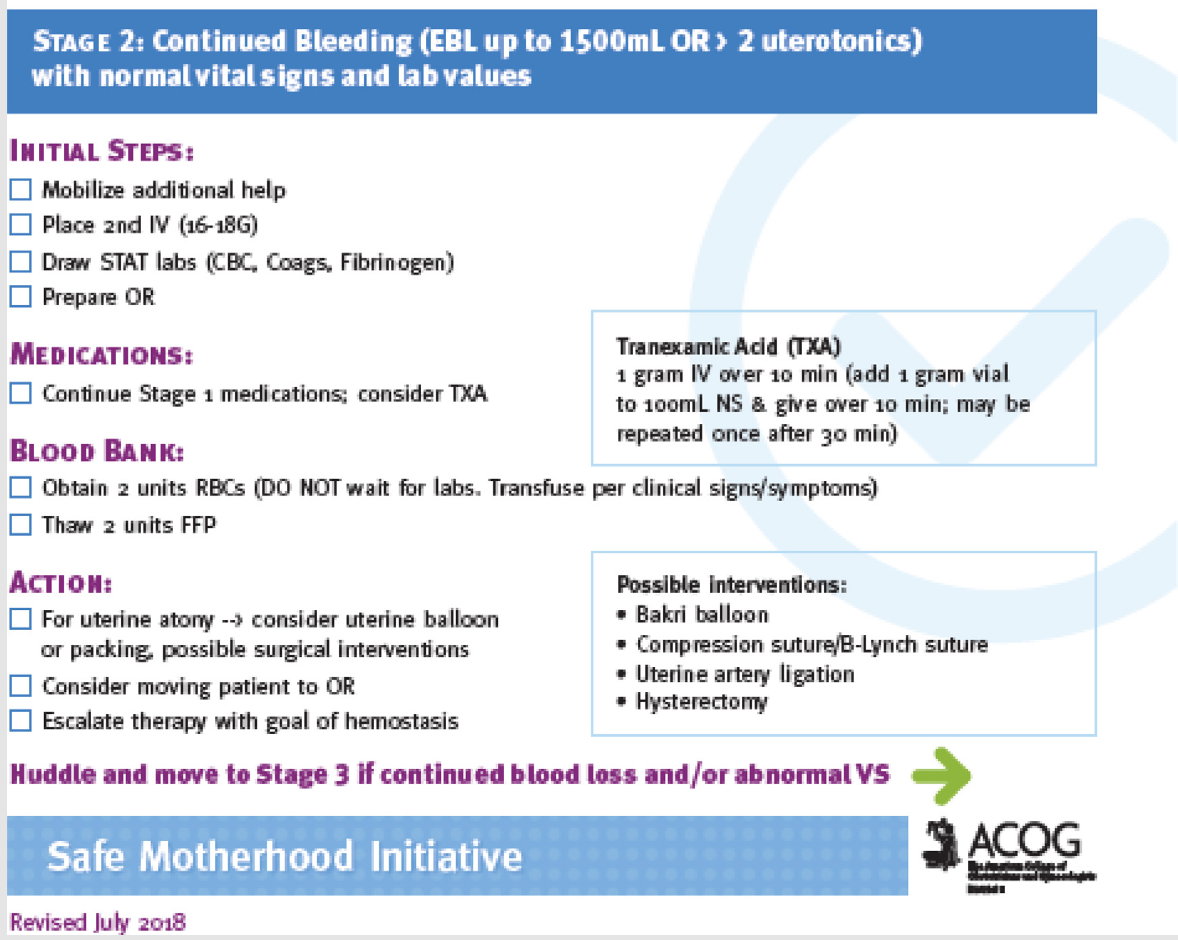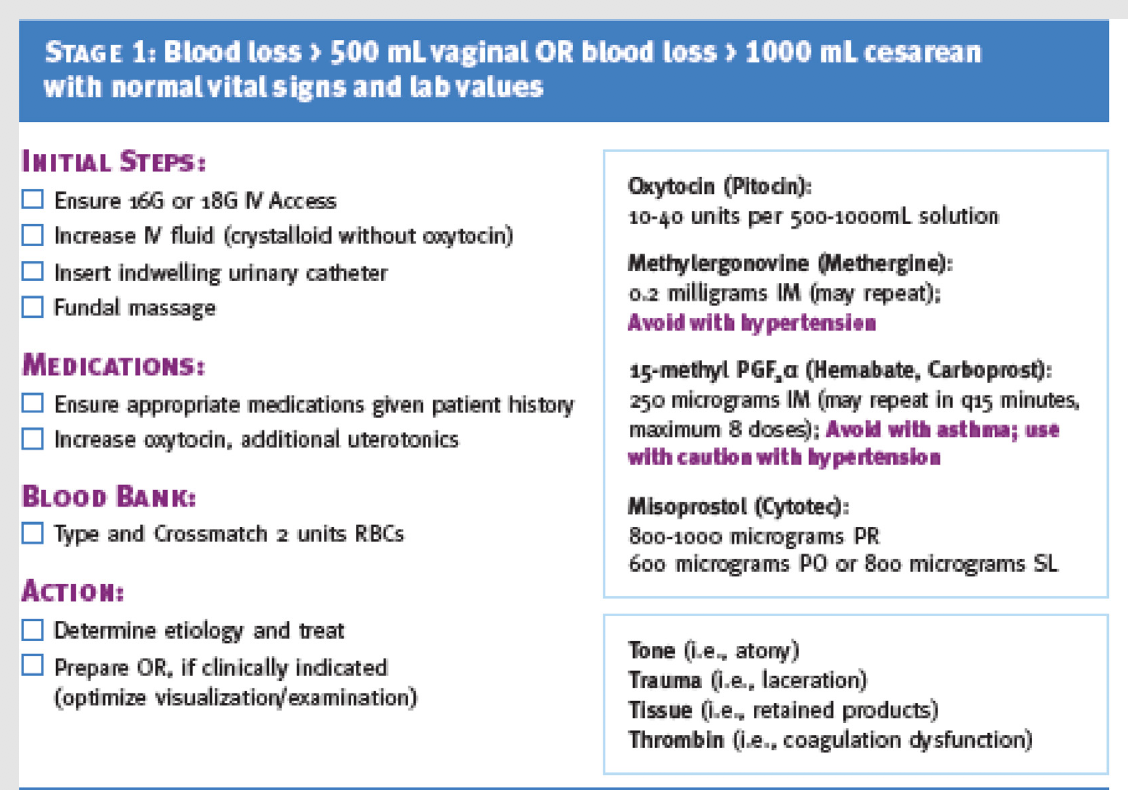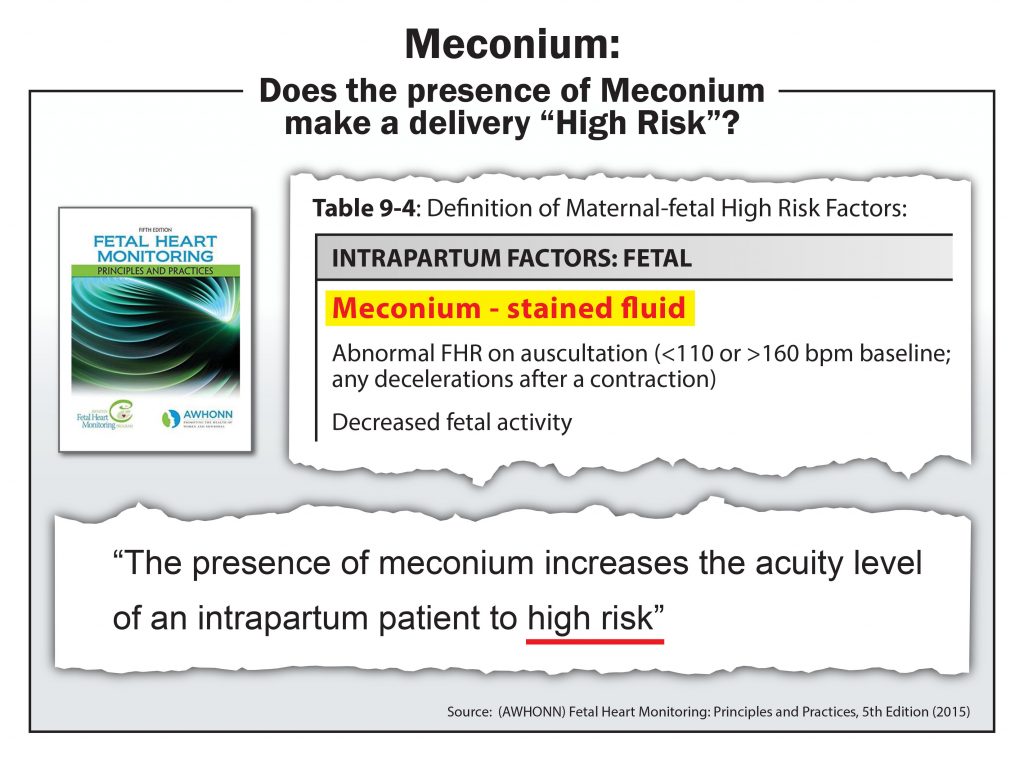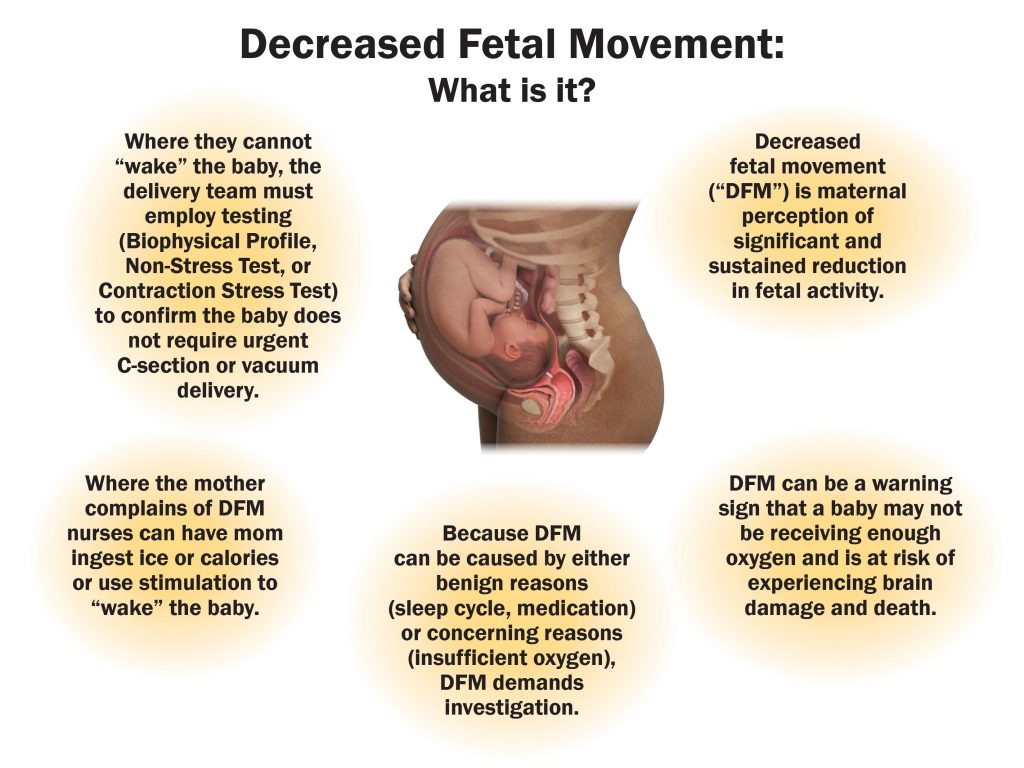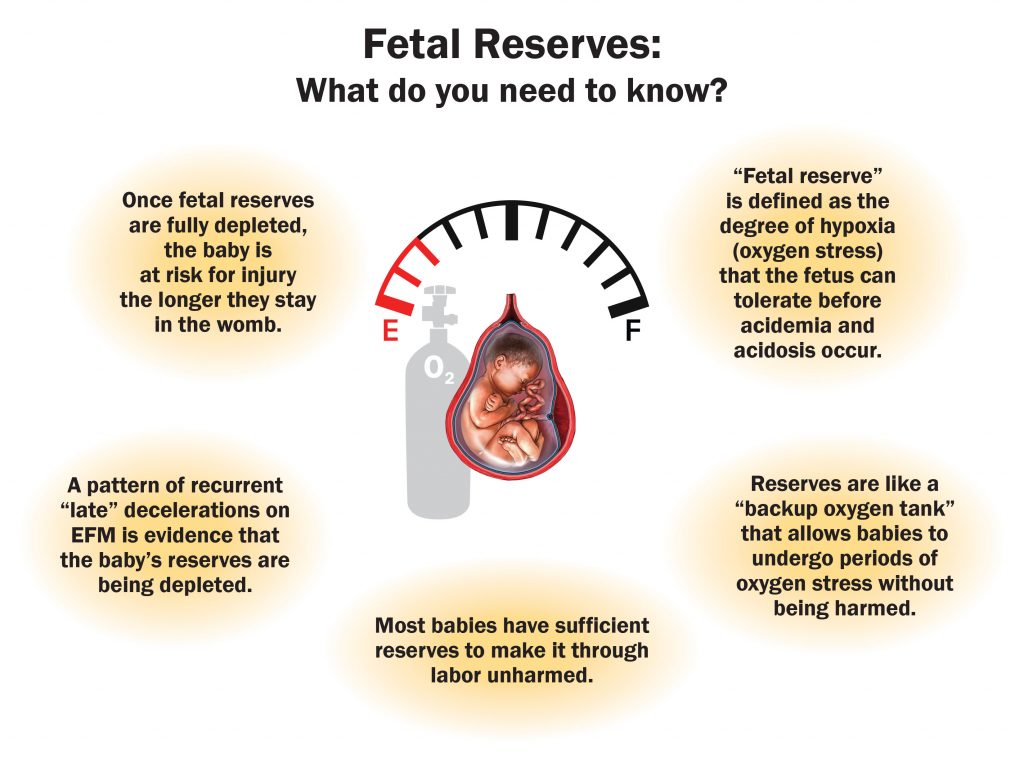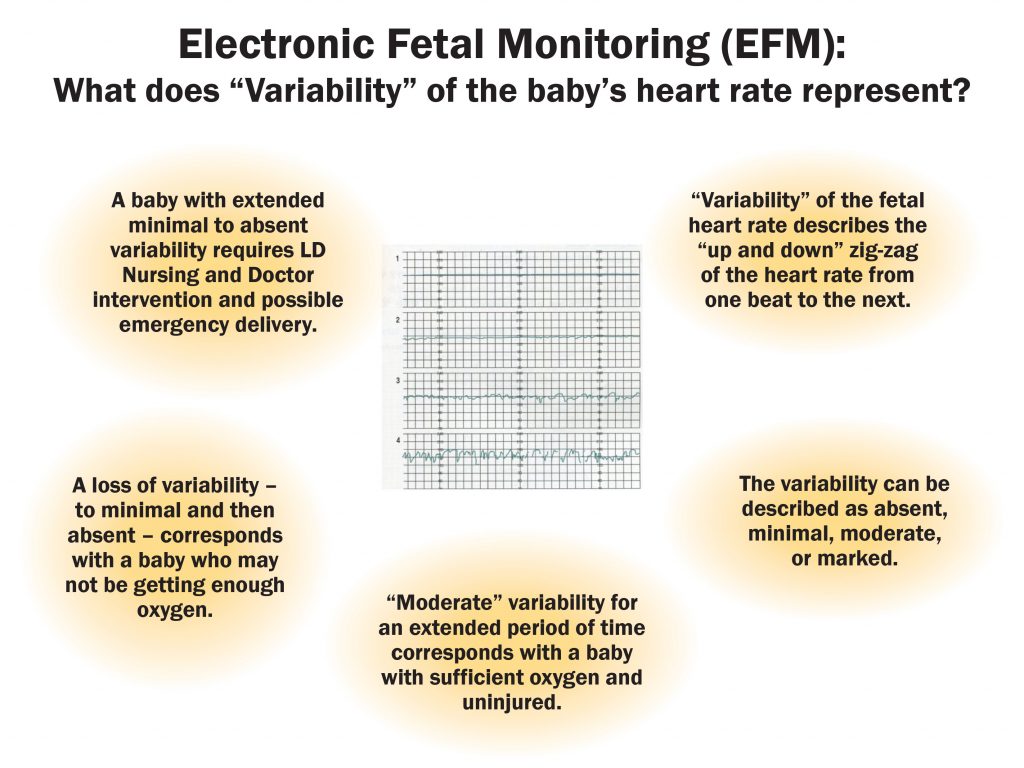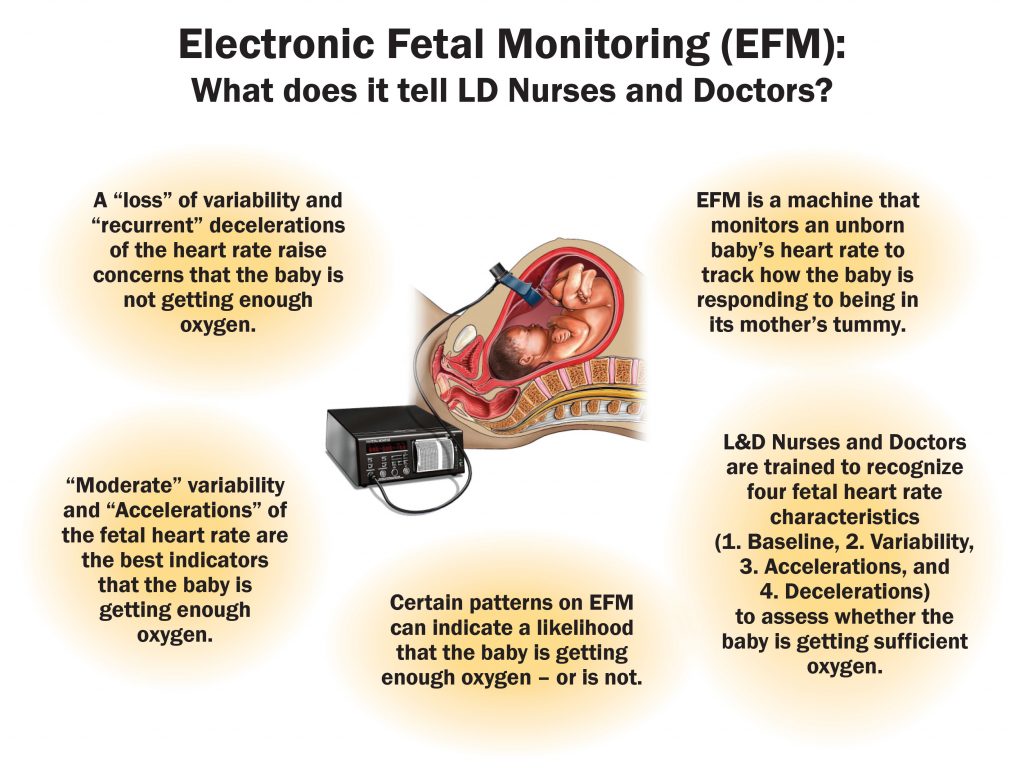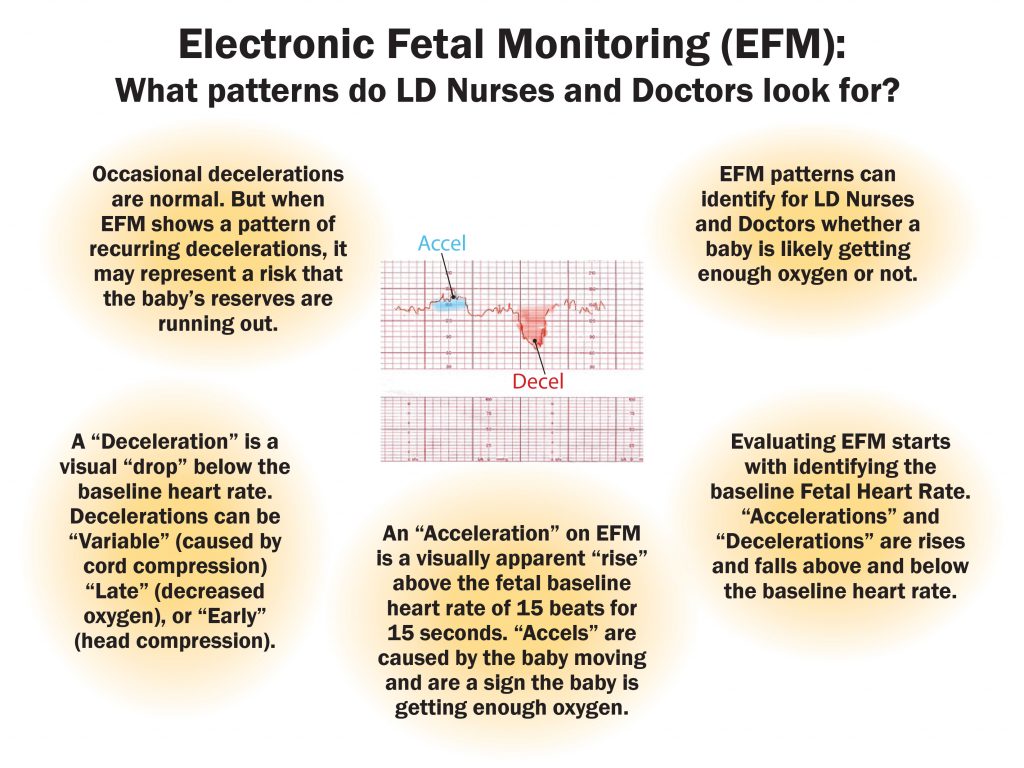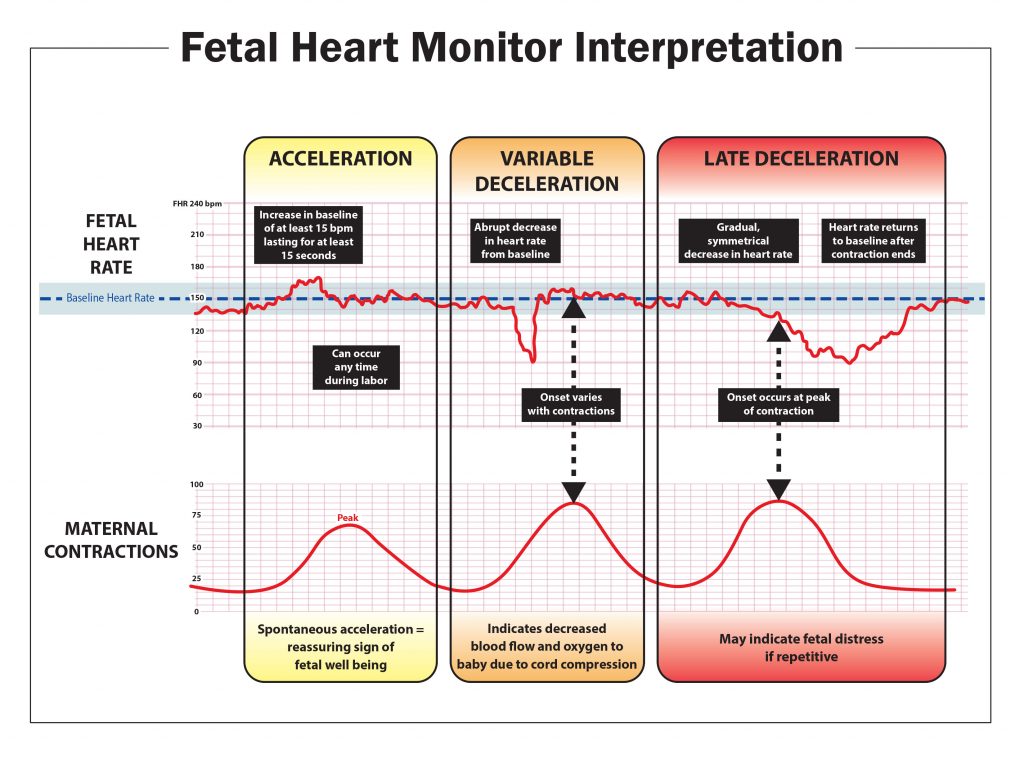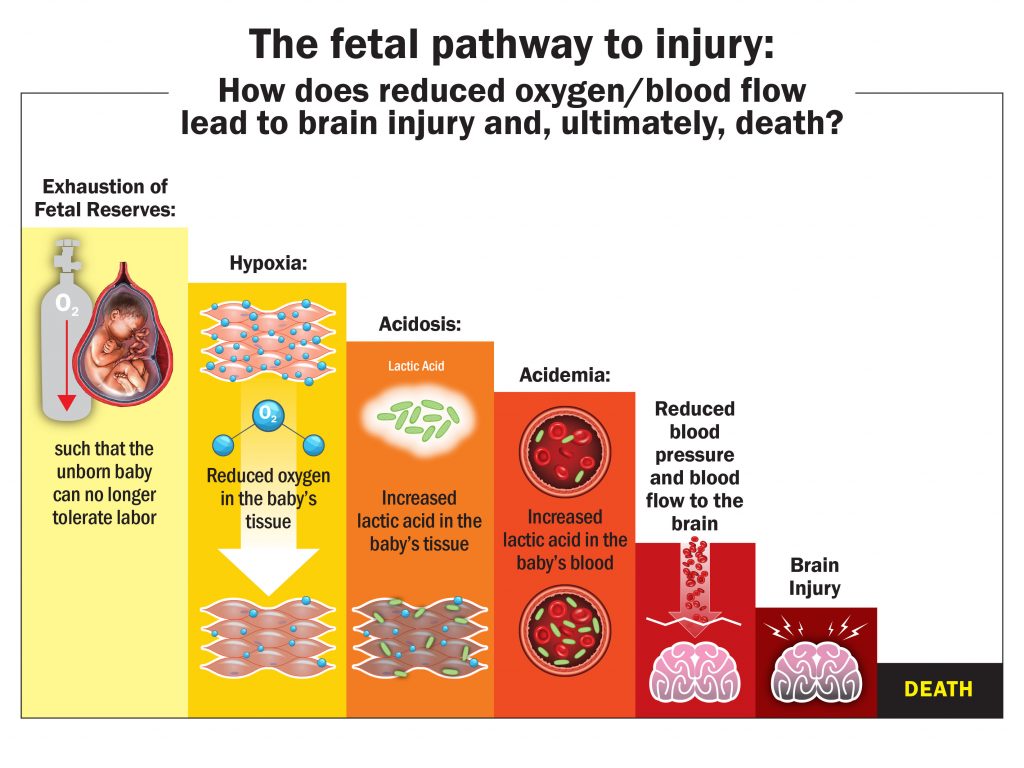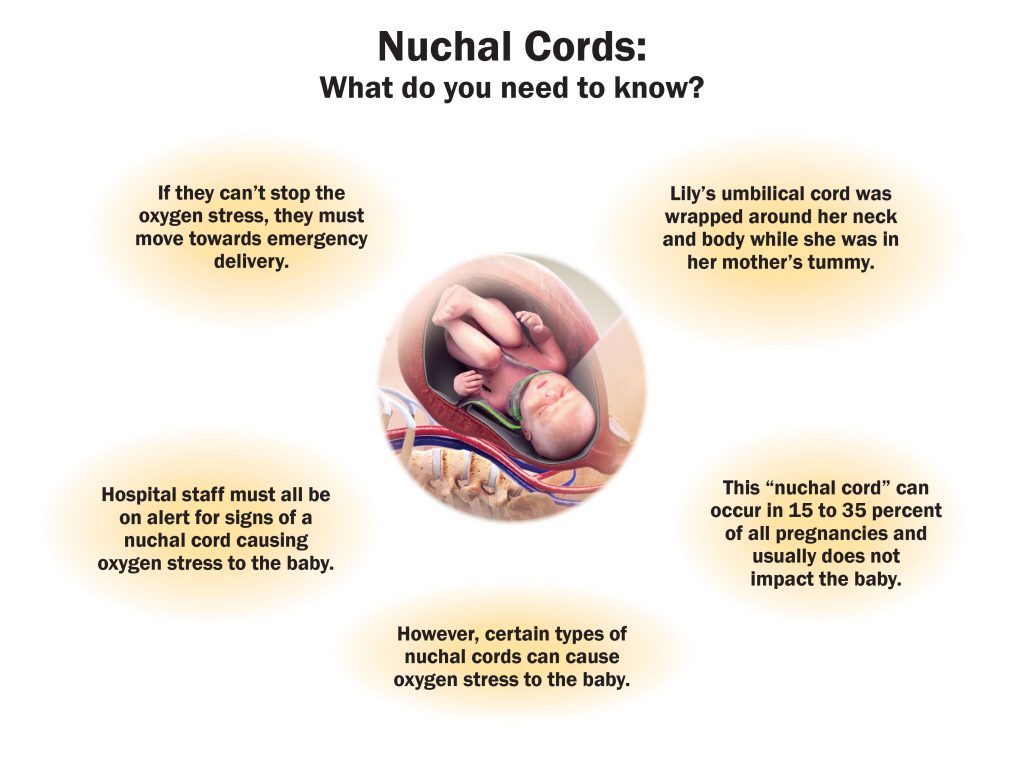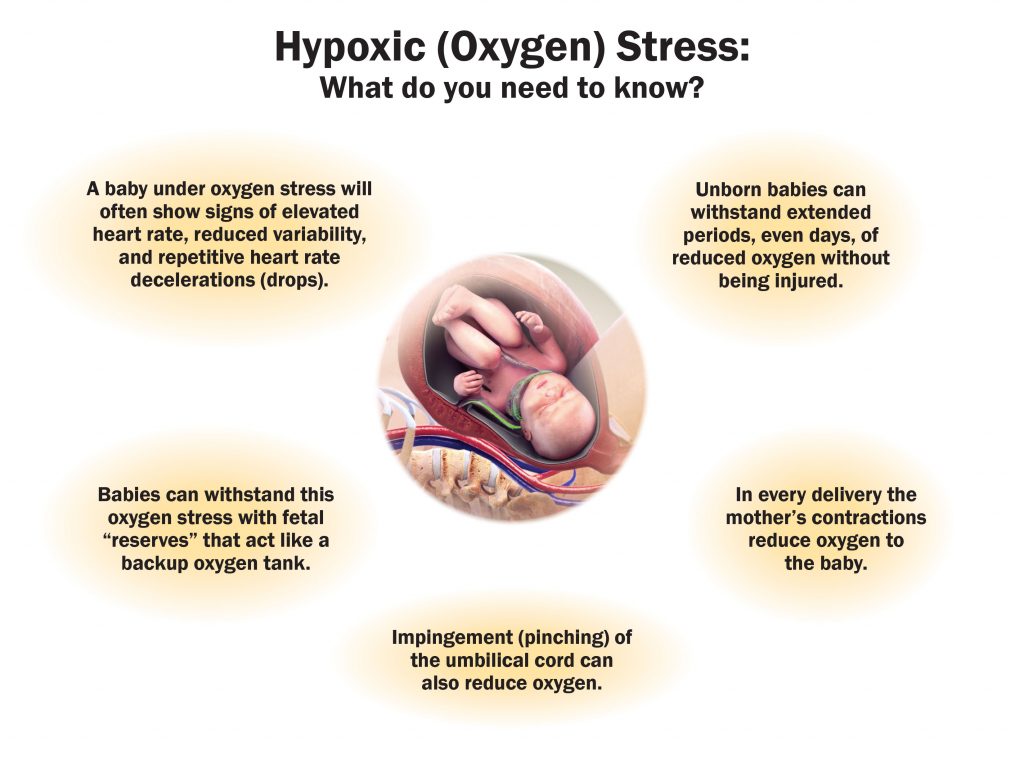This week, in our continuing surveys of various kinds of birth injuries, we are taking a closer look at hypoxic ischemic encephalopathy (HIE), an injury that occurs when the infant’s brain is deprived of oxygen. HIE can lead to developmental issues or death; according to Medscape, HIE causes 840,000 neonatal deaths annually–23% of all neonatal deaths worldwide.
Symptoms
Symptoms of HIE vary based on the severity of the condition.
Mild cases of HIE will typically resolve themselves within 24 hours, but symptoms include “transient behavioral abnormalities, such as poor feeding, irritability, or excessive crying or sleepiness,” according to Medscape.
Infants with moderately severe cases of HIE will exhibit more symptoms: the infant will be lethargic and have significant hypotonia, a condition in which the infant’s low muscle tone reduces his muscle strength, and will likely suffer seizures within the first 24 hours after his birth. Additionally, his grasping, Moro reflex (a reflex present in all healthy infants that occurs when the infant feels as if he is falling), and sucking reflexes can be sluggish or absent altogether. This said, full recovery in moderately severe cases of HIE is possible, says Medscape.
Finally, infants with severe HIE are noted to have more frequent generalized seizures that increase in frequency during 24-48 hours after their onset. These seizures “can be delayed and severe and may be initially resistant to conventional treatments.” As the injury progresses, the seizures will subside, and other symptoms will present themselves. Medscape says that a “stupor or coma is typical,” and the infant will likely suffer from irregular breathing, hypotonia, a lack of neonatal reflexes, poor ocular motion, and irregular heart rate and blood pressure. Death from cardiorespiratory failure is also a possibility in cases of severe HIE.
Management
Managing HIE consists mostly of supportive treatment after the initial resuscitation and stabilization. Treatments include perfusion, a stimulation of the body’s process of delivering blood to a capillary bed in its biological tissue, and blood pressure management; avoidance of hypoglycemia and hyperglycemia; treatment of seizures; and avoidance of hyperthermia (elevation of the body temperature). On the other hand, hypothermia therapy, a process in which the infant’s body temperature is kept at a temperature of 91.4 to 92.3 degrees Fahrenheit for approximately 72 hours before slowly being rewarmed, can be helpful for infants suffering from moderate to severe HIE.
If your loved one has suffered complications from HIE resulting from negligence during the birthing process, call us for help. We will talk to you and review your case for free. The Tyrone Law Firm specializes in representing those who have suffered a devastating injury, such as birth injuries or traumatic brain injury resulting from the negligence of another. Our personal injury firm here in Atlanta has a very successful record of trying such cases.
Nelson Tyrone handles Brain Injury, Spine Injury and RSD/CRPS cases throughout the United States. He involves only the top medical, rehabilitation and life-care plan experts in the field. His results on behalf of clients include several of the largest settlements and verdicts on record, and he was recently able to obtain a $13.9 million verdict, one of the largest in the state of Georgia, for a birth injury client in 2014.
You can reach us at 404-377-0017 or via email at admin@tyronelaw.com. If we can’t help you, we will do our best to put you into the hands of lawyers who can.
Additional Resources
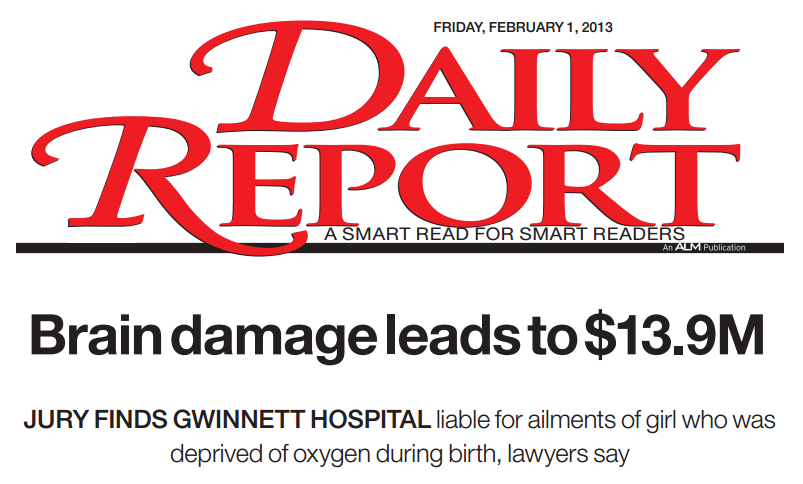



 Hayley serves as a Labor and Delivery Nurse Consultant for the Tyrone Law Firm. She attended and graduated Cum Laude from the University of Georgia in 2004 with a Bachelor of Arts degree in Journalism/Public Relations. After graduation she moved to the gulf coast where she pursued a career in real estate and development.
Hayley serves as a Labor and Delivery Nurse Consultant for the Tyrone Law Firm. She attended and graduated Cum Laude from the University of Georgia in 2004 with a Bachelor of Arts degree in Journalism/Public Relations. After graduation she moved to the gulf coast where she pursued a career in real estate and development.
